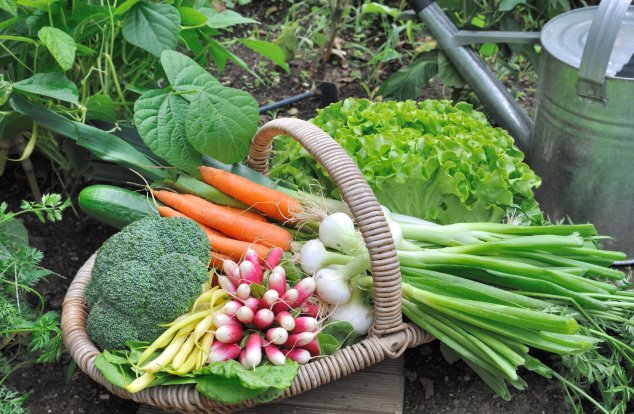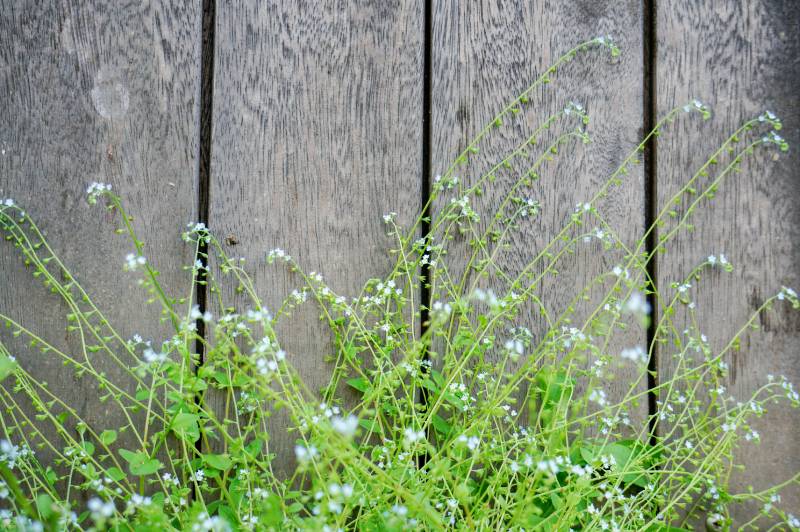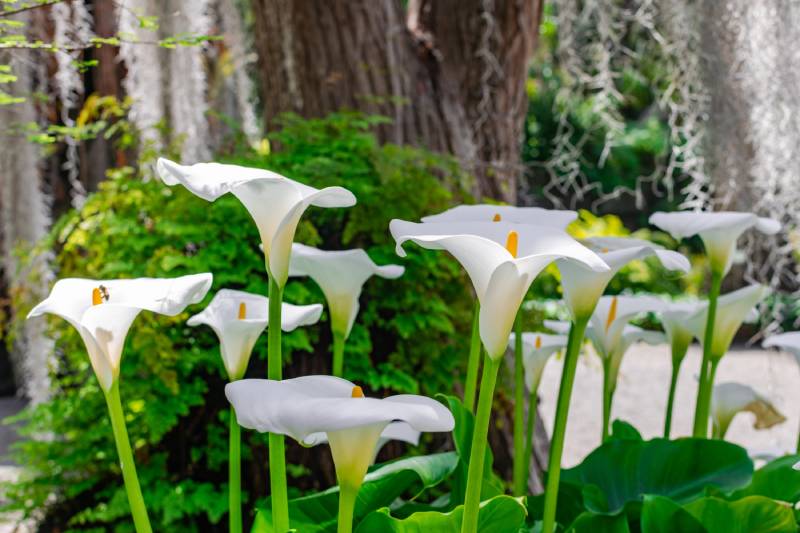10 Effective Tips for Vegetable Gardening for Beginners

Do you want to plant a vegetable garden?
Congratulations! You are on the excellent path to getting enormous benefits. Vegetable gardening, mainly at home, saves your bucks and keeps you closer to nature. By establishing your vegetable garden, you get an opportunity to enjoy the sweet, great texture, and juicy flavors of your garden.
There is nothing better than fresh veggies, mainly when you grow them yourself. Practical vegetable gardening is only possible if you have quality knowledge about it. Are you a beginner and unaware of ways to start vegetable gardening? Do not get stressed about it.
Vegetable gardening for beginners may be a daunting task, but you can easily do this by following the tips below.
So, let’s start with practical tips for vegetable gardening:
1. Choose the right collection
Commence your journey of vegetable gardening by selecting the correct location. Additionally, it is an essential key that leads to super, fresh, and healthy vegetables. Here are a few critical tips for selecting the proper collection:
-
Sunny Spot
The majority of vegetables require approximately six to eight hours of direct sunlight each day. So, choose that location where your plants get direct sunlight.
-
Drain well
In case of poorly drained soil, plant vegetables in the raised bed. On the other hand, wet soils lead to wet roots that can lead to rotted roots. If your garden has rocky soil, work on removing the rocks because they will affect the root growth.
-
Nutrient-rich soil
Doubtlessly the garden of the soil feeds the plants. Thin and nutrient-poor soil will lead to unhealthy plants. So, to make your plant healthy and boost its growth, you should work on getting nutrient-rich soil.
2. Select the plot size
As a beginner, selecting a small garden rather than the huge one is recommended. You can provide extra care to the small park and grow the veggies effectively. All you need to do is commence small and grow only those vegetables your family eats.
While selecting the garden, ensure that you have a correct path to give weed and harvest to the plant. Along with it, decide what kind of garden you want, whether it has herbs or a kitchen garden.
3. Focus on soil
Plants or vegetables get immense benefits from the nutrient-rich gardening soil. Initially, examine the texture of dirt; it must easily crumble in your hand. If you find that soil has a clay-like consistency, it will be cumbersome for the different plants to grow.
You can easily enhance soil quality by adding organic compost made from tea compost or vegetable peels.
4. Pick the essential gardening tool.
Vegetable gardening is impossible without gardening tools. In short, you must have basic knowledge of gardening tools. Besides this, the following information guides you about the best tools you need to add to your toolbox.
- Must-have tool- “Pruning Scissor” for cutting the plants and bushes.
- Digging tool- Spade, garden fork, and trowel
- Watering Tools- Garden hose
- Weeding Tools- Forked Trowel and Gardening Knife for keeping the invading plants away.
5. Plan which vegetable you want to grow
Now you have gardening tools and space, it is time to select the vegetables you want to grow in the garden. Ask the following questions yourself:
- Do you want to get fresh salads and try to save bucks?
- Are you interested in growing crops for preserving and storing during winter?
It is essential to select those plants which have the quality of time for germinating. You can consider the following vegetables for your garden:
- Lettuce
- Radishes
- Turnip
- Beet
These vegetables do not require too much time and need only thirty to forty days to grow. If you are seeking vegetable gardening for beginners, you can consider easy-to-grow vegetables that consist of:
- Beans
- Cucumbers
- Radishes
- Tomatoes
- Salad Greens
- Winter Squash
- Zucchini
The major highlight about these vegetables is that they do not require too much maintenance, mainly when you plant them in a sunny location.
6. Grow the right crop at the specific time
As you learn about vegetable gardening for beginners, you must have proper knowledge about crops and their planting time. Not all crops can grow in the summer seasons. The plantation of vegetables relies on the weather. Vegetables are divided into two major categories that are in the following ways:
Cool Season vegetables
These kinds of vegetables may have the ability to handle light frosts. These vegetables can quickly grow between the early spring and fall. Here comes the list of cool-season vegetables that include:
- Beets
- Kale
- Lettuce
- Spinach
- Chard
- Onions
- Potatoes
- Carrot and many more.
Warm Season Crops
These crops require warm soil and high temperatures for growing and producing fruit. They cannot survive in the frost. These crops include:
- Beans
- Peppers
- Tomatoes
- Peppers
- Squash
- Zucchini
- Cucumber and many more
7. Do not crowd the plants
It is your initial stage, so do not try to overcrowd the garden. In the beginning, you may feel like you have plenty of space while sowing the seed. But remember that each plant requires sufficient room to grow. If the plants are closer, they will not get the precise amount of nutrients and moisture, including airflow.
So, read the seed packages to know about the specified space of that plant. Keep the gap of about ten to twelve inches between the planted rows for foot traffic. The width of the raised bed garden must be between 3-and 4 feet. You can develop the garden map too, which gives you the layout.
8. Water Properly
Without water, it is hard to do successful gardening. Water is essential for the plants to keep them cool and hydrated. It would be best if you made a schedule for watering your plants. As the plants get water from rain still, it is your liability to give them supplemental water. If you want to know whether your garden requires soil or not, you can insert a finger more profound into the soul.
When you are unable to feel the moisture, your plant requires water. With the help of a soaker hose, you can offer water to your plants. New plants require frequent watering.
9. Keep up with the weeds.
Weed also takes up the space in your garden and competes for moisture and nutrients. A weedy garden leads to unhealthy plants and may become the reason for fungal diseases too. All you need to do is keep each plant planted or mulched. Keep your soil protected with the organic mulch layer to avoid weeds. Mulch may provide shade to soil and may preserve your plants too.
10. Keep a gardening journal.
You learn gardening lessons with hands-on experiences. By maintaining excellent notes, you can improve the vegetable gardens. You can consider the gardening journal, where you can gather all of your essential gardening notes, seed scheduling, and a well-maintained sketched map. You can understand the concept of the gardening journal as a diary where you can make notes of:
- What kinds of things are going on in your garden?
- Performance of each crop in your garden
- Pest and disease tissue
- Crop Rotation
Final Verdicts
Vegetable gardening is a time-consuming task and requires a lot of patience. The best tips for vegetable gardening for beginners are to do trials and learn from the mistakes. After a few times, you will surely see the outcome. Additionally, you get an idea about which plant requires more attention.







Leave a Reply